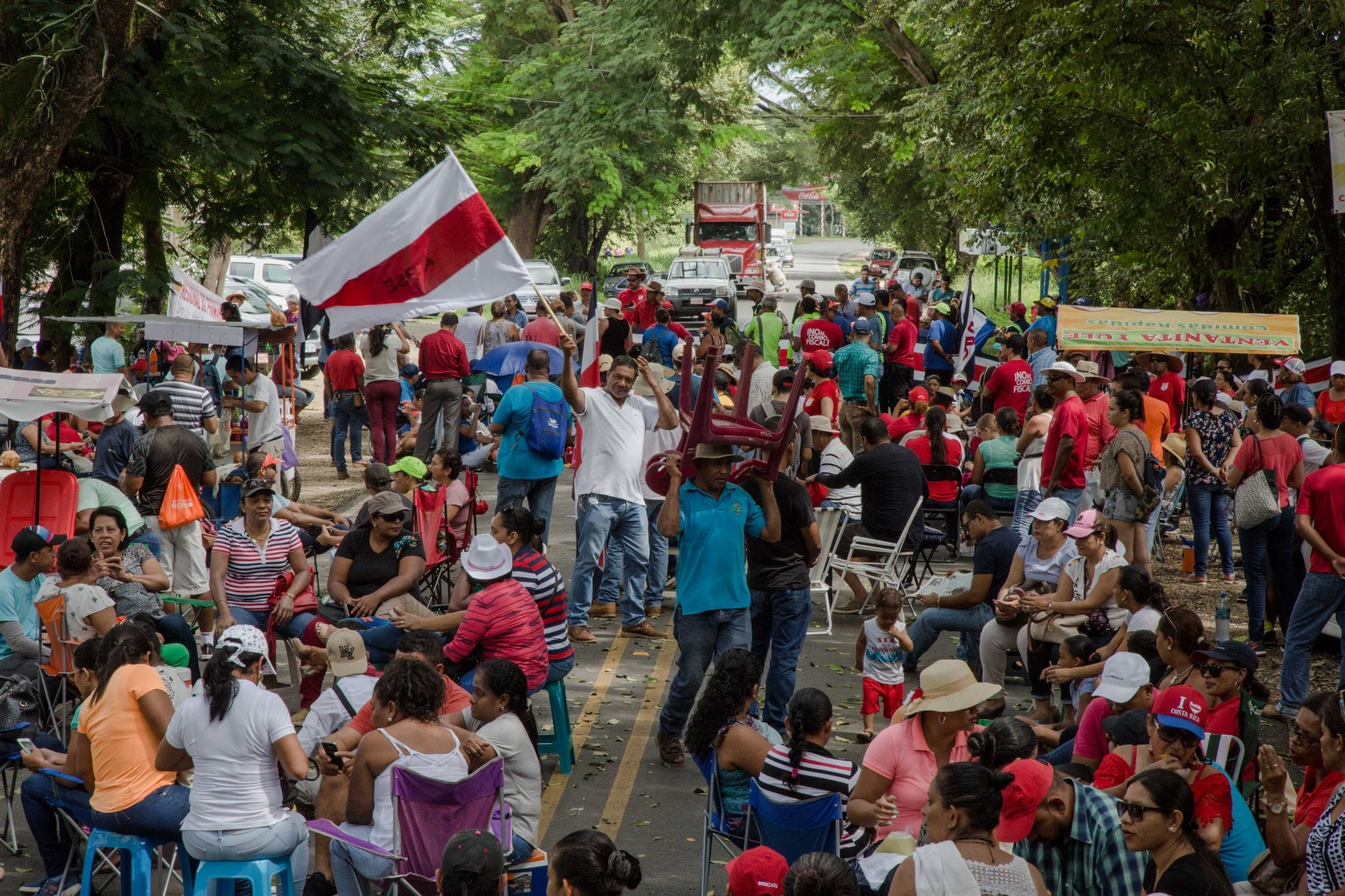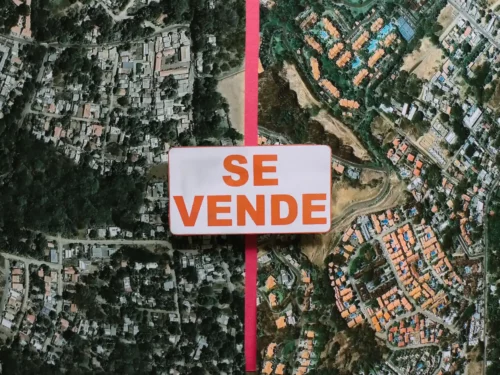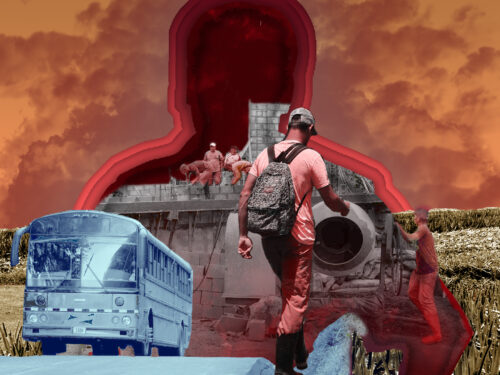
The strike continues on Thursday, September 20, its 11th straight day in Guanacaste and the rest of the country while union leaders meet in San Jose with the Catholic Church, the “mediator” of the dialogue between the government and the strikers.
While unions in Guanacaste are protesting together, their motivations are different. Some of them, much like the national union leaders, are demanding that the government withdraw fiscal reform bill No. 20.580 before they sit down and have a dialogue.
“The national strike’s position is that the fiscal reform should be removed from the legislative agenda before we sit down at the table to negotiate,” said Wilmar Matarrita, former mayoral candidate in Nicoya for the Broad Front party.
Meanwhile, other protesters agree with changing some parts of the fiscal bill without withdrawing it completely from Congress.
Some of the strikers want to eliminate some of the bill’s tax exemptions, like the income tax exemption on leasing to religious centers. Others say that articles related to public employment must be modified and the fight against corporate tax evasion should be strengthened.
“I don’t expect the bill to be withdrawn. What I do expect is for it to be improved,” said Hugo Delgado, a doctor at the La Anexión Hospital in Nicoya. He has been on strike since it began on Monday last week.
“I want them to change the clear, regressive emphasis like taxing basic foods and the working class to an emphasis on fighting tax fraud, evasion and avoidance,” the doctor added.
Santa Cruz judge Lizeth Gómez belongs to the Anejud Union (the National Association of Judicial Employees) and explained that the protest will continue until national leaders tell them that an agreement has been reached. In contrast to what Matarrita said, she said that she’s willing to let the bill reform public salaries as long as it is done fairly.
“We are aware that things need to be reformed, that there need to be fresh funds in order to meet the country’s needs,” she said. “We don’t agree with not taxing casinos and large cooperatives that are no longer cooperatives. They are transnationals.” (See Chart: These are the articles of the bill that worry Guanacaste’s unions)
For Vladimir de la Cruz, a political scientist, historian and university professor and former presidential candidate, this variety of opinions also appears to be present at the negotiating table. The movement sent two representatives for each of the 12 unions.
“I know the union leaders well,” Cruz said when asked by this newspaper. “When two people per union attend the negotiations it’s because they don’t trust the union leader.”
What protesters who were interviewed do agree on is that the bill as written right now is “unfair to working sectors.”
The government and ruling party legislators have insisted that the bill is progressive, that it taxes the highest earners at the highest rates and that the majority of revenues will come from the richest people in the country.
“There is a series of measures that are progressive in nature in the sense that they tax mainly those who earn the most in Costa Rica, congressman Welmer Ramos told online newspaper Delfino.cr.
Can the Fiscal Reform Bill be Renegotiated?
While some protesters in Guanacaste don’t agree completely, unions are demanding emphatically that the fiscal reform bill be withdrawn from Congress and for a new negotiation to take place in order to draft a new bill together.
One of the most common questions is whether or not that is even possible considering the process the bill is in.
Technically, it can be done, but political analysts doubt that it is politically viable. In other words, in order to change the process that is ongoing in Congress, at least 38 legislators must vote in favor of that change, explained analyst Daniel Calvo who has worked as a congressional advisor.
If the bill were returned to the committee that studied it initially, a substitute text could be submitted to the floor of Congress, but the committee would first need to draft it, and that process could take months.
The Importance of a New Fiscal Reform Bill
The government insists that the fiscal reform bill must be approved as soon as possible in order to gain confidence from international institutions that lend money to the country and in order to collect fresh revenues immediately.
Part of the government’s expenditures on salaries and social programs is financed with external debt (loans and bonds from international banks). According to Finance Minister Rocío Aguilar, if Costa Rica doesn’t approve a fiscal reform right now, rating agencies could further downgrade the country.
In other words, they will say that it is riskier to lend money to our country and international institutions will take necessary precautions like a bank would do when we don’t give them sufficient guarantees that we will pay them back.
One of the precautions, for example, could be that those who lend us money raise interest rates for Costa Rica. Another is that they shorten repayment maturity dates (and monthly amortizations will become harsher).
Another immediate impact of the fiscal reform would be via tax amnesty, which appears as transitory in the bill. According to this article, those who pay down existing debts to the treasury department within three months of the bill’s enactment into law will receive a reduction in the amount of interest they pay. Interest payments will be forgiven by 40, 60 or 80 percent depending on when the debtor pays.
For example, if you have a debt of ¢1 million with the tax authority and owe ¢200,000 in interest, ¢160,000 in interest will be pardoned if you pay within the first month of publication. If you pay in the third month, ¢120,000 in interest will be forgiven.
The strategy has critics because it forgives penalties on debtors, but the Finance Ministry says that it is a way to incentivize quick payments of owed taxes.
Union Concerns
These are the main fiscal reform requests made by Guanacaste protesters interviewed for this story.







Comments